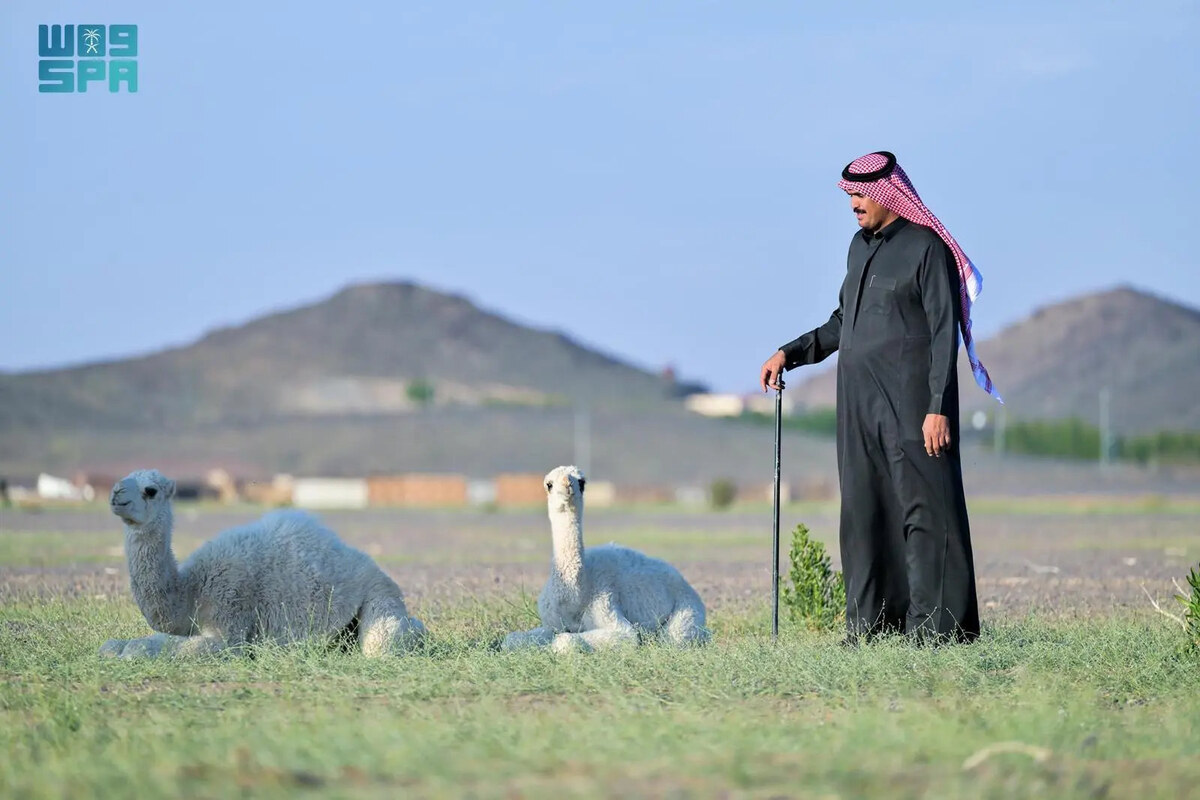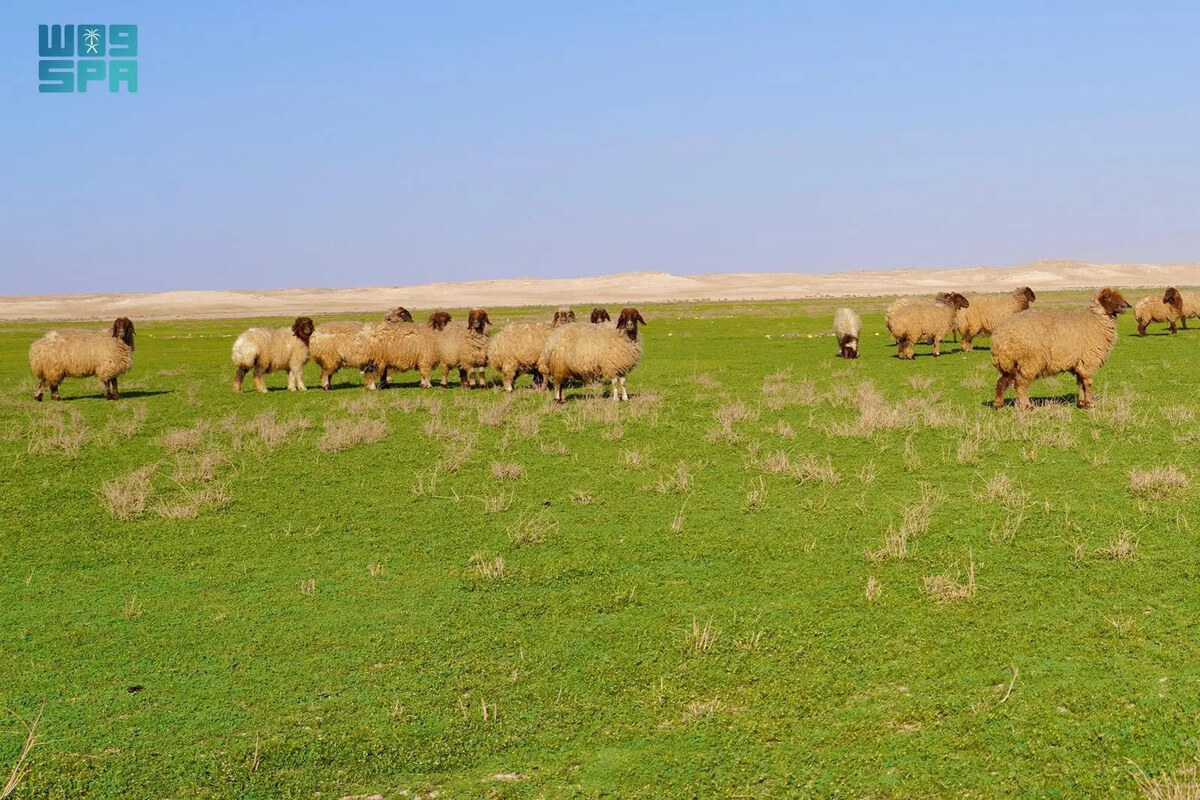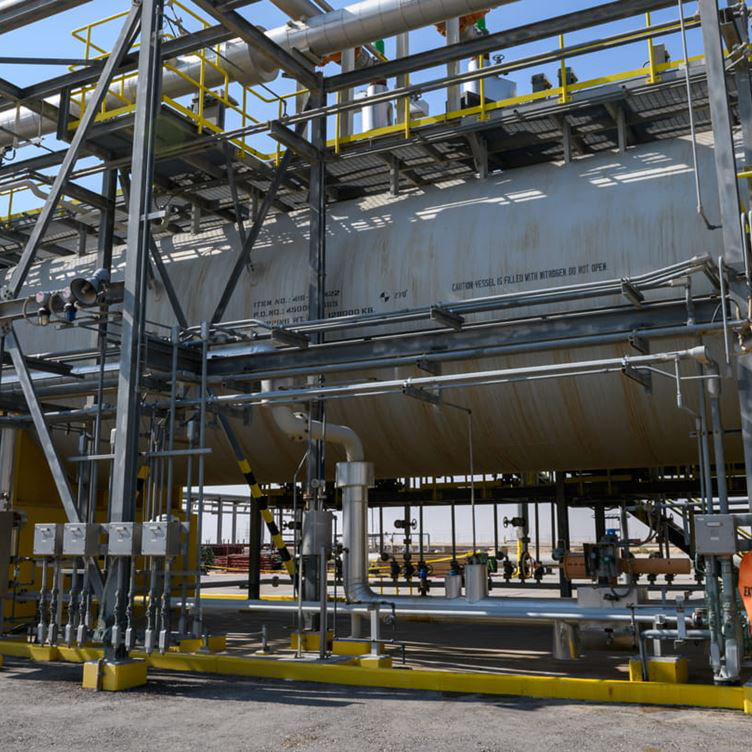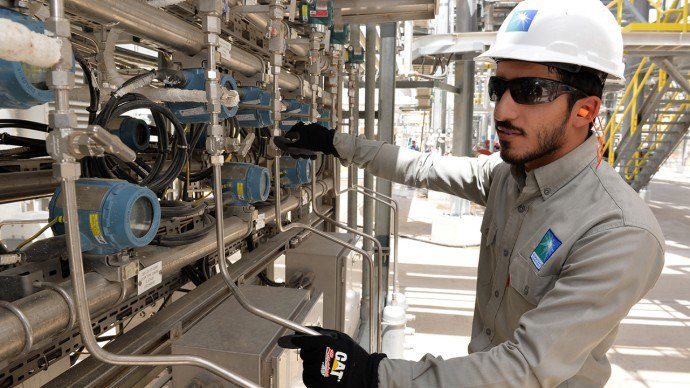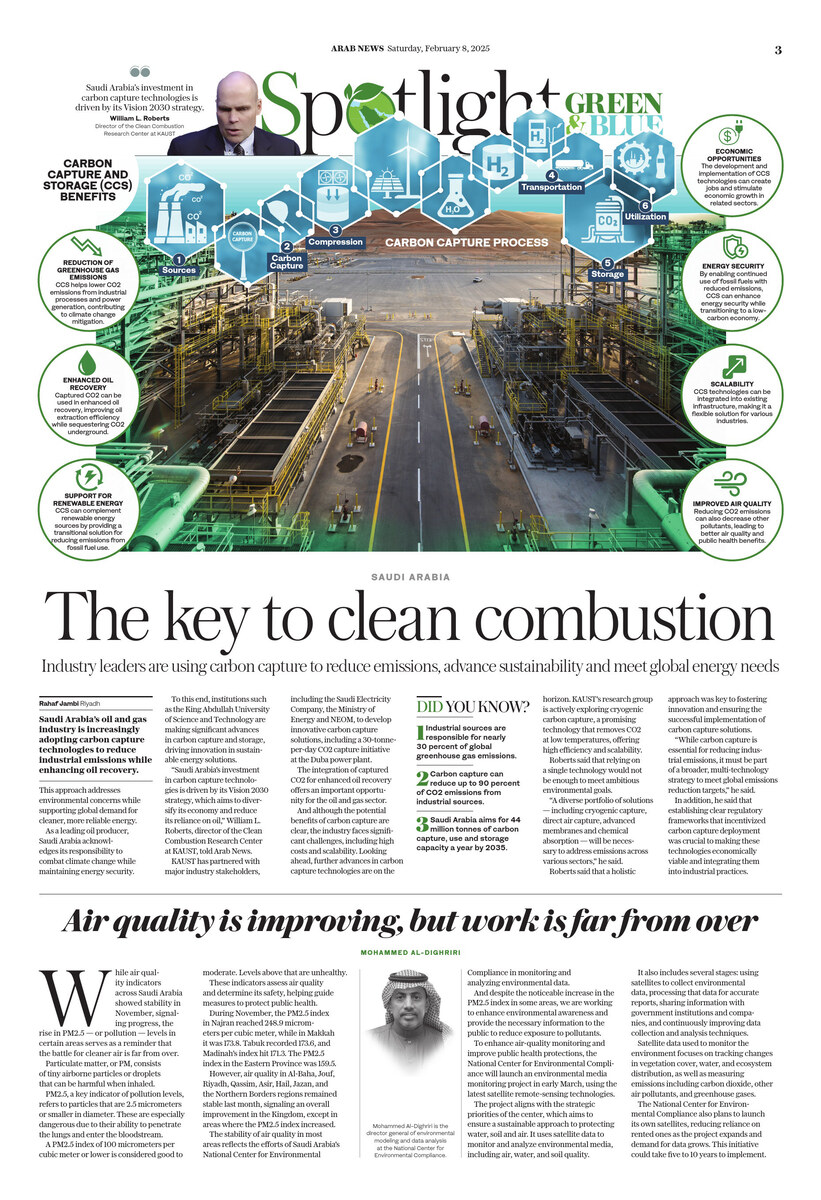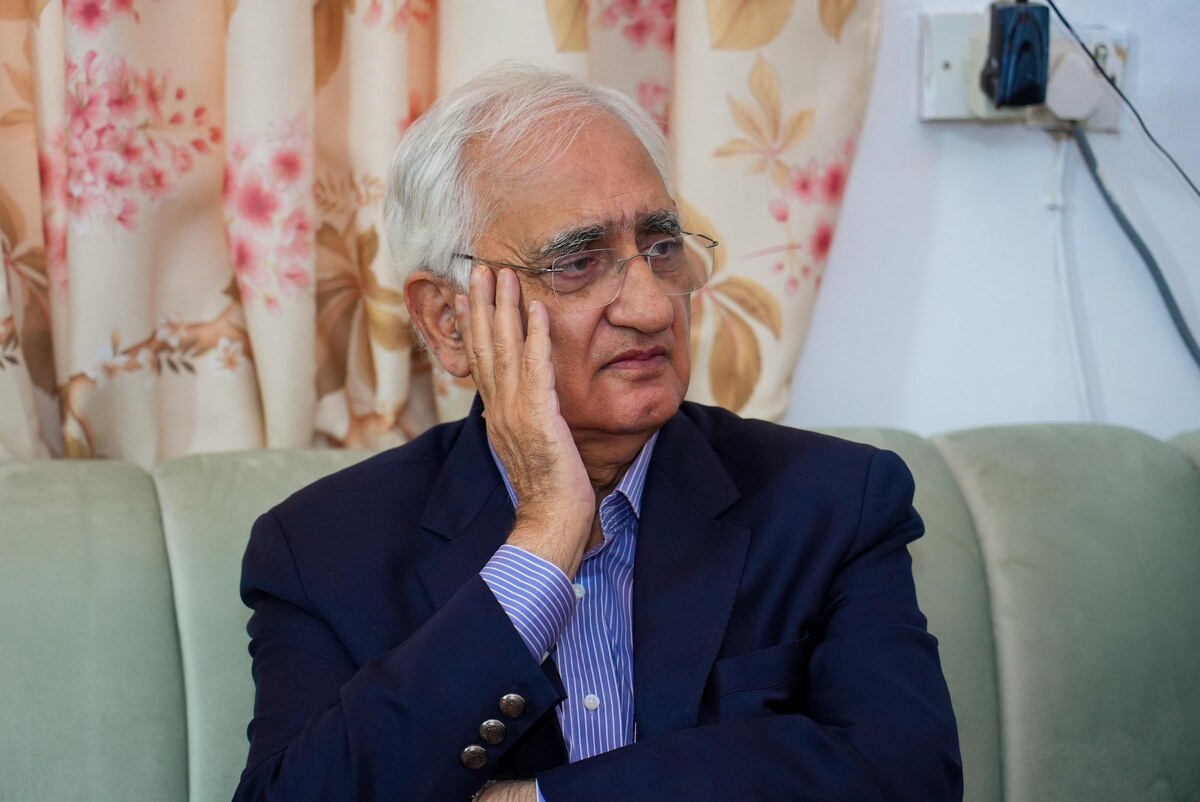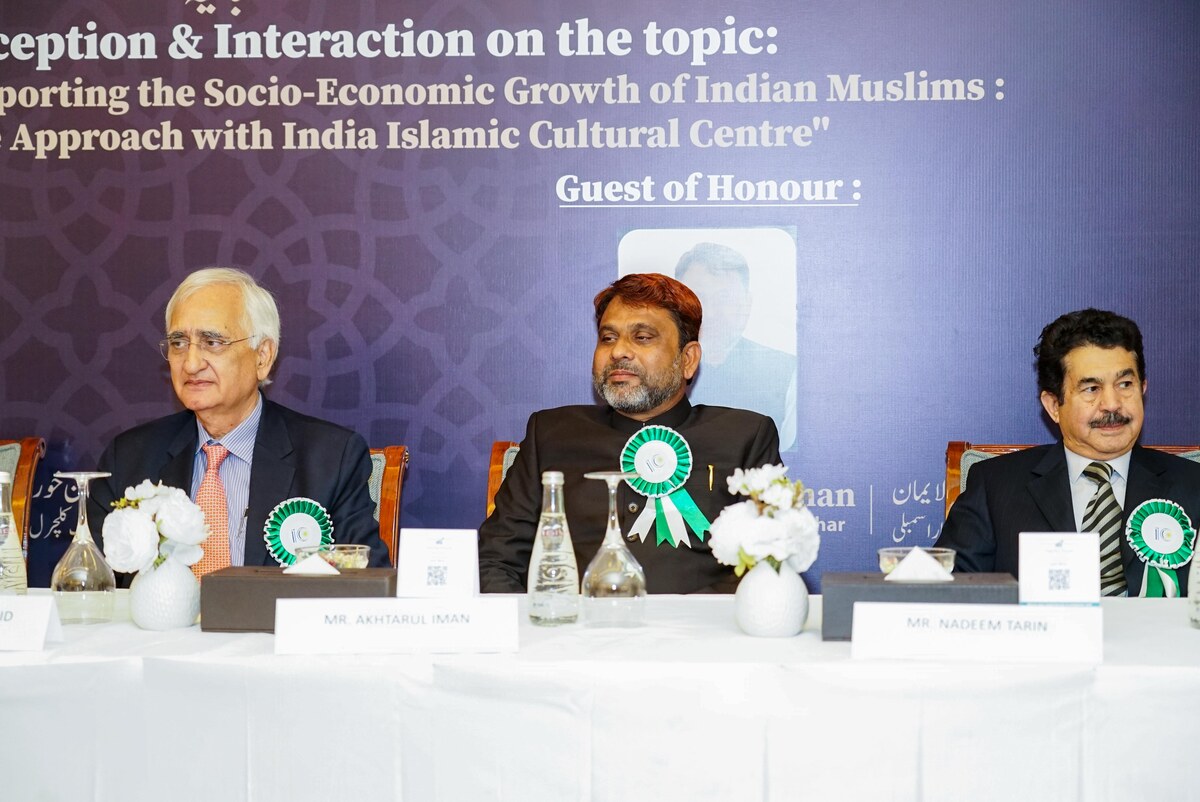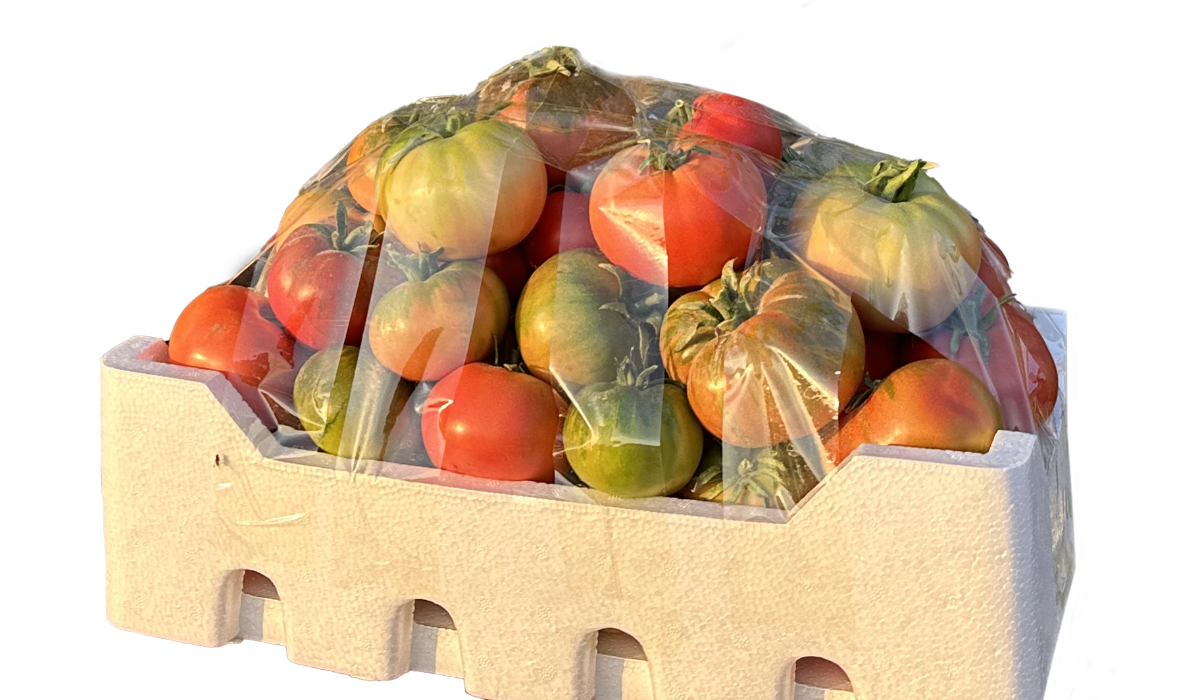RIYADH: No sooner had FIFA President Gianni Infantino on Wednesday confirmed that Saudi Arabia would host the 2034 World Cup, than messages of congratulation began to pour in from around the region and beyond.
The unopposed Saudi bid had just been rubber-stamped by more than 200 FIFA member federations that took part remotely in an online meeting hosted in Zurich.
Leading the way was the Saudi Arabian Football Federation, which greeted the news by posting a message from Saudi Arabia’s Crown Prince Mohammed bin Salman on its official X account.
“We look forward to hosting an exceptional and unprecedented edition of the FIFA World Cup by harnessing out strengths and capabilities to bring joy to football fans around the world,” the message said.
From the UAE, Sheikh Mohammed bin Rashid Al-Maktoum, the ruler of Dubai, posted his congratulations.
“Arab, Gulf and Islamic pride and joy. Congratulations on the Kingdom hosting the 2034 World Cup ... We congratulate my brother King Salman bin Abdulaziz ... and his (Crown Prince) Mohammed bin Salman ... and the brotherly Saudi people with their great ambition ... and strong will …,” the vice president and prime minster of the UAE wrote.
“I also congratulate my brother King Mohammed VI on Morocco winning the bid to host the 2030 World Cup with Spain and Portugal. The World Cup will be in our region for two consecutive tournaments. Arabs are living today the joy of the great Saudi and Moroccan achievement ... and we expect the best World Cup tournaments, God willing.”
Herve Renard, recently reinstalled as Saudi Arabia’s national team coach, on his account said: “Thrilled for Saudi Arabia and its wonderful people on securing the honor to host the 2034 FIFA World Cup!
“A true reflection of the country’s outstanding vision, remarkable leadership, and unmatched warmth. Get ready for an extraordinary and unforgettable experience ahead.”
Several foreign players plying their trade in the Saudi Pro League were vocal in their support, including Cristiano Ronaldo, whose signing opened the door for the influx of many top players.
“Congratulations to all my friends in Saudi, I know how proud you all are today and I am sure @Saudi2034 will be historic #WelcomeToSaudi34,” he posted.
In an accompanying video, Al-Nassr’s Portuguese superstar said: “It’s amazing, the infrastructure, the stadiums, the conditions for the fans and everything. After what I’ve seen, I’m more convinced that 2034 will be the best World Cup ever.
“The country is unbelievable, the Saudis are very good people. Every year they do big events, football matches, boxing, entertainment is very high,” Ronaldo added. “The future is very bright in my opinion, and I’m happy to be part of this success of the country and I will be here for sure to see the World Cup.”
Prince Abdulaziz bin Turki Al-Faisal, the Saudi minister of sport and president of the Kingdom’s olympic and paralympic committee, and SAFF President Yasser Al-Misehal were presented with the FIFA World Cup 2034 hosting certificate from FIFA.
At the special presentation from Riyadh, Prince Abdulaziz said: “We will host the best version of the World Cup in history and we will achieve our dream of hosting this tournament on our land.”
Chairman of the General Entertainment Authority Turki Al-Sheikh, who has been nominated as a member of Saudi 2034 Supreme Committee, said: “A new achievement for our beloved Kingdom. On this occasion, I congratulate my leader, the Custodian of the Two Holy Mosques, King Salman bin Abdulaziz, and His Highness, the Crown Prince, the sponsor of the vision, Prince Mohammed bin Salman, on winning the bid to host the 2034 World Cup. Congratulations to all of us on this great achievement.”
Al-Hilal and Saudi Arabia captain Salem Al-Dawsari, scorer of the Green Falcons’ winner against Argentina at the 2022 World Cup in Qatar, had this to say on his X account: “The dream has become reality. We thank God for the blessing of our dear homeland.”
Al-Dawsari’s former Al-Hilal colleague and current Saudi First Division club NEOM player Salman Al-Faraj greeted the news with this post: “Thanks to our wise leadership. With you we grow and achieve our dreams. Kingdom of Saudi Arabia doesn’t write history. It is history.”
Former Saudi Arabia midfielder Sami Al-Jaber, arguably the country’s finest footballer to date, also congratulated the Kingdom’s leadership on securing the hosting rights.
“I congratulate my leader, the Custodian of the Two Holy Mosques, King Salman bin Abdulaziz, and His Highness (Crown Prince) Mohammed bin Salman, on winning the bid to host the 2034 World Cup,” Al-Jaber wrote. “Congratulations to the Saudi people for achieving this dream. The impossible is not Saudi.”
Retired French forward Bafetimbi Gomis, who achieved cult status during his stay at Al-Hilal, commented: “History in the making #congratulation #SaudiArabia #2034.”
One of Gomis’s successes at Al-Hilal, Brazilian superstar Neymar Jr., congratulated the country with a short message that said simply: “Yalla yalla @Saudi2034 #WelcomeToSaudi34.”
There were also messages of support from around the region, particularly Gulf countries.
The Kuwait Olympic Committee’s official X account posted: “The Chairman and Members of the Board of Directors of the Kuwait Olympic Committee congratulate the Kingdom of Saudi Arabia, its leadership and people, on the occasion of the Kingdom’s approval of the Kingdom’s winning bid to host the 2034 World Cup, wishing it further progress and success.”
The Qatar Football Association, who hosted the World Cup two years ago, commented: “Congratulations to the Kingdom of Saudi Arabia on being awarded the hosting (of) the #WorldCup2034.”
Sheikh Hamdan bin Mubarak Al-Nahyan, president of the UAE Football Association, congratulated the leadership and people of the Kingdom by highlighting Saudi Arabia’s resources and experience in hosting major sporting events and describing the achievement as “a victory” for Arab sports.
“The Kingdom of Saudi Arabia is qualified in all respects to host the 2034 World Cup, because of its cumulative experience, and it has the capabilities and human resources capable of organizing the largest international events,” he said on the Emirati association’s website.
“We are happy with the return of the World Cup to the Arabian Gulf, as our countries are places of coexistence and tolerance, and fields of creativity.”

















